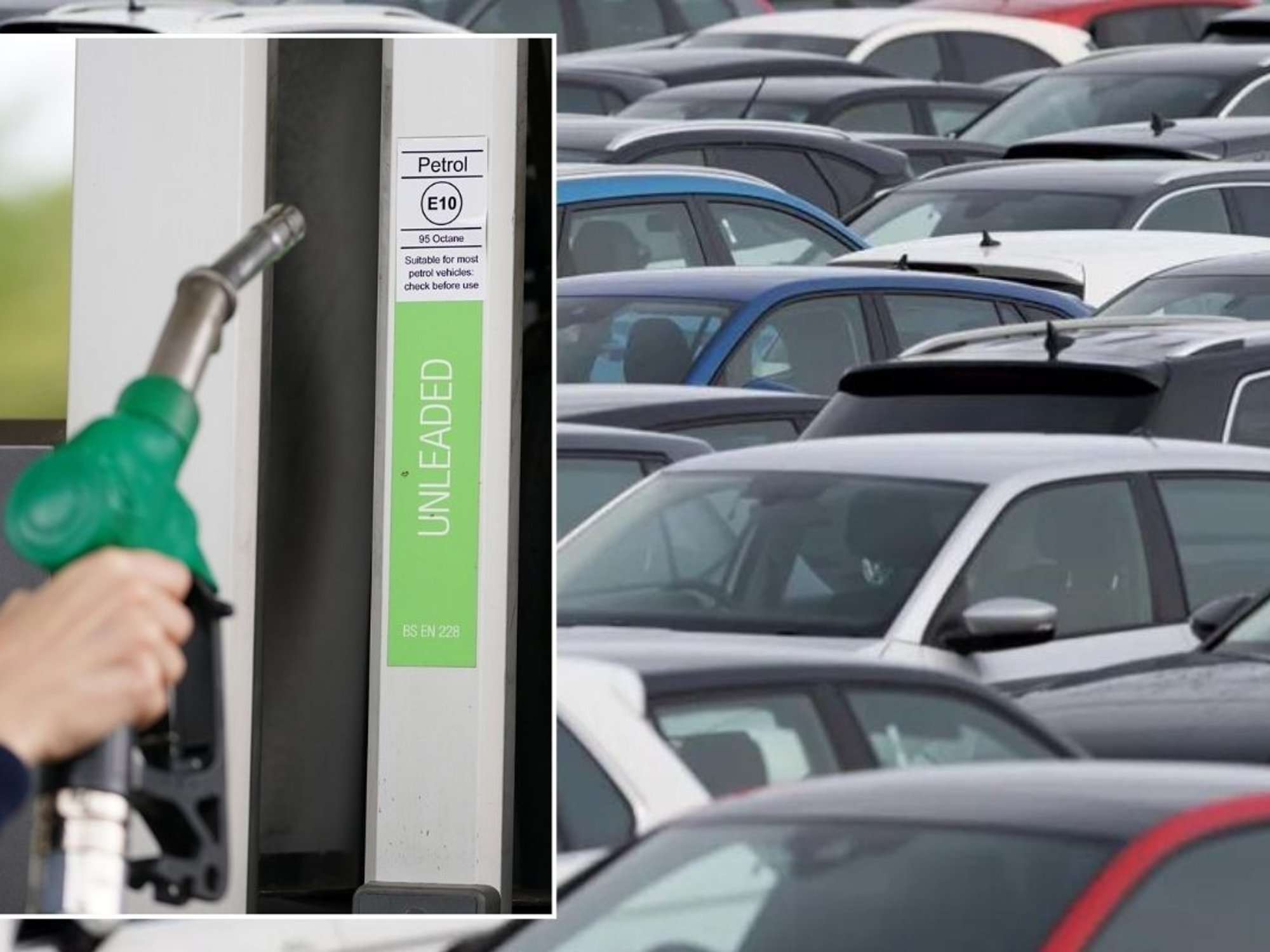Labour slammed for ‘undermining productivity’ as Next boss hits back at Rachel Reeves’s ‘anaemic’ economy
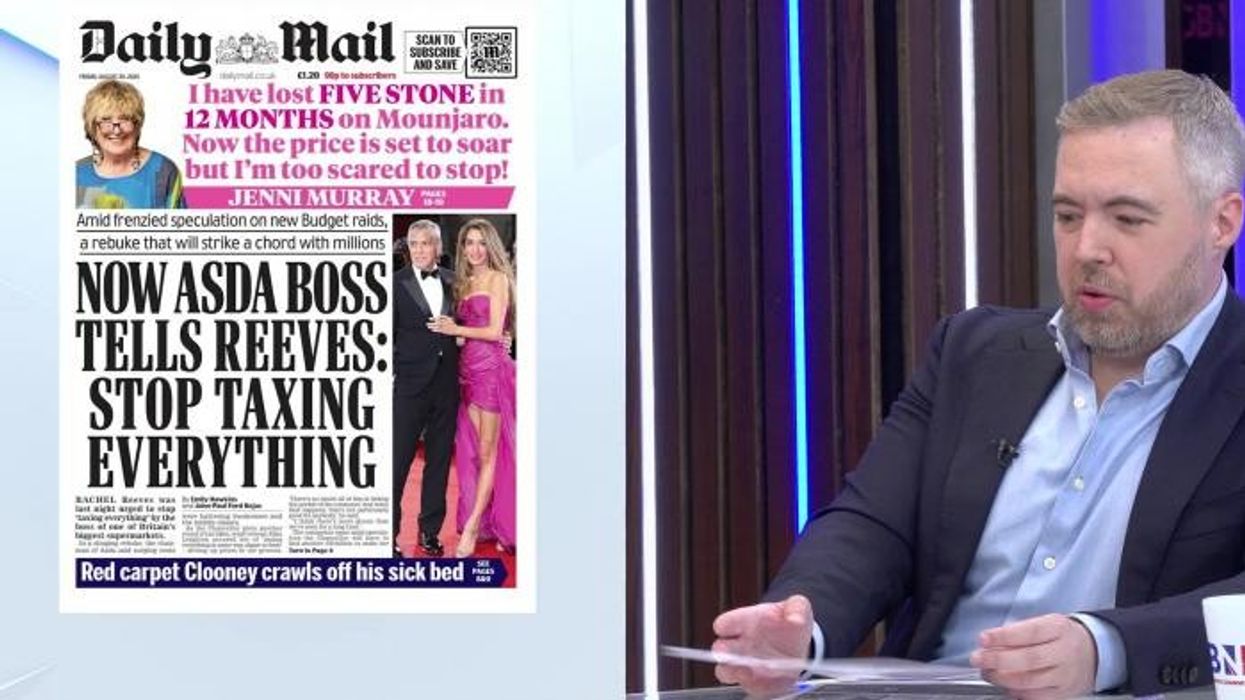
'Rinsing every drop from the British economy!' Rachel Reeves skewered by GB News guest as Chancellor branded 'desperate' |
GB News

The retail giant highlighted strong first-half growth - but cautions over UK economy
Don't Miss
Most Read
Britain's retail giant Next has delivered remarkable financial results, yet its chief executive has painted a bleak picture of the nation's economic prospects.
Lord Wolfson, the Conservative peer who leads the high street chain, cautioned that Britain faces "anaemic" growth at best, even as his company announced profits had surged from £452million to £515million.
The retailer's impressive performance stands in sharp contrast to its leader's grim assessment of the broader economy.
Lord Wolfson warned that Next has "reason to be cautious" about the future, suggesting that the current success masks deeper structural challenges facing British businesses.
Do you have a money story you’d like to share? Get in touch by emailing money@gbnews.uk.
TRENDING
Stories
Videos
Your Say
His stark critique arrives at a moment when the company's own fortunes appear robust, creating a paradox that underscores concerns about sustainability in the retail sector.
The fashion retailer achieved a 10.3 per cent increase in sales during the first half of the year, significantly exceeding expectations.
This exceptional performance benefited from Britain's record-breaking spring and summer temperatures, which drove consumer demand for seasonal clothing.
Next also gained an unexpected advantage when rival Marks & Spencer suffered a significant cyberattack following the Easter bank holiday.
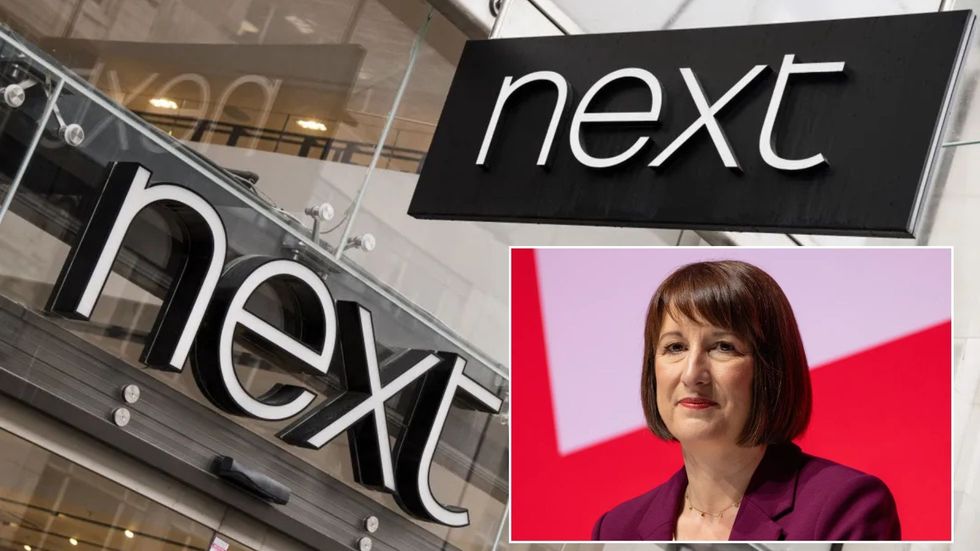
The company’s robust performance highlights a stark difference from its leader’s sombre view of the UK economy
|PA/GETTY
The security breach left M&S's digital operations crippled for weeks, with online purchasing and click-and-collect services unavailable.
Empty shelves plagued M&S stores as the attack disrupted supply chains.
These operational difficulties at a major competitor created opportunities for Next to capture additional market share.
The company's international expansion contributed to growth, with aggregator platforms such as Zalando now accounting for nearly one-third of overseas revenue.
Lord Wolfson outlined four fundamental weaknesses undermining Britain's economic vitality.
He identified "declining job opportunities" as a primary concern, alongside "new regulation that erodes competitiveness" hampering business growth.
The Next chief executive also criticised "government spending commitments that are beyond its means", suggesting fiscal irresponsibility threatens long-term stability.
He warned of "a rising tax burden that undermines national productivity", arguing that increased levies stifle economic dynamism.
These factors combine to create what Lord Wolfson characterised as a challenging environment for British enterprise.
His assessment reflects growing unease among business leaders about regulatory pressures and fiscal policies.
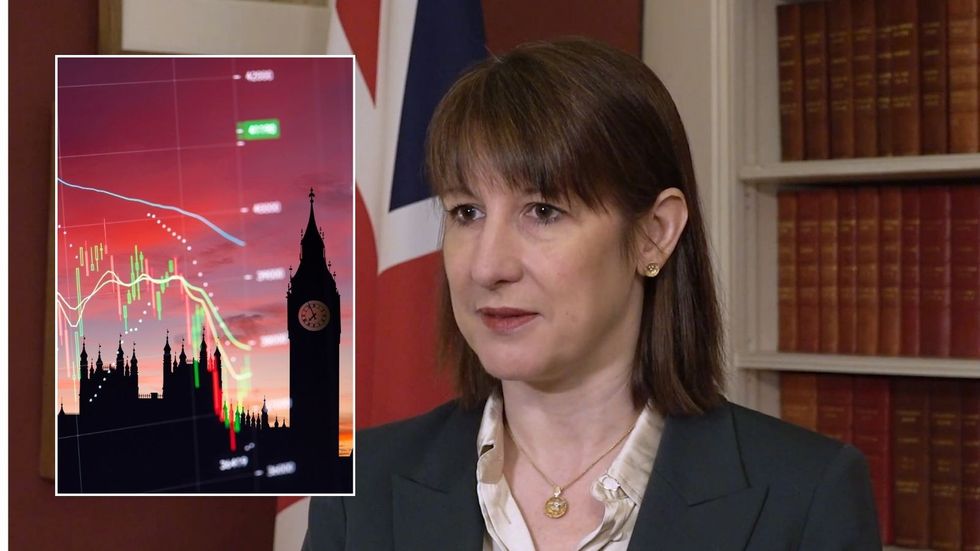
The Office for National Statistics outlined that Reeves was borrowing more than at any time since the pandemic
| GETTYThe Conservative peer's critique carries particular weight given Next's current success, suggesting that even thriving companies harbour serious concerns about Britain's economic trajectory.
Despite the strong first-half results, Lord Wolfson tempered expectations for continued success.
He acknowledged that "the first half was boosted by factors that are unlikely to continue", whilst maintaining his belief "that the UK economy is likely to weaken going forward".
The exceptional weather conditions that drove clothing sales cannot be relied upon to repeat.
Similarly, the competitive advantage gained from M&S's cyber difficulties represents a one-off windfall rather than sustainable growth.
Lord Wolfson sought to reassure stakeholders by stating: "To be clear, we do not believe the UK economy is approaching a cliff edge".
Nevertheless, his cautious tone suggests Next anticipates more challenging trading conditions ahead.
The temporary nature of these favourable circumstances means replicating such impressive performance will prove difficult as economic headwinds strengthen.
Financial services firm Hargreaves Lansdown offered a more optimistic perspective on Next's prospects.
Despite the challenging economic environment outlined by Lord Wolfson, their analysis suggests the retailer maintains significant competitive advantages.
"Next is in a strong position to continue dominating the UK market", according to the firm's assessment.
Equity analyst Aarin Chiekrie highlighted the company's digital capabilities as a crucial strength.
"Strong demand in its online channel remains a running theme, and it's likely to remain the main growth driver", Mr Chiekrie noted.
LATEST DEVELOPMENTS:
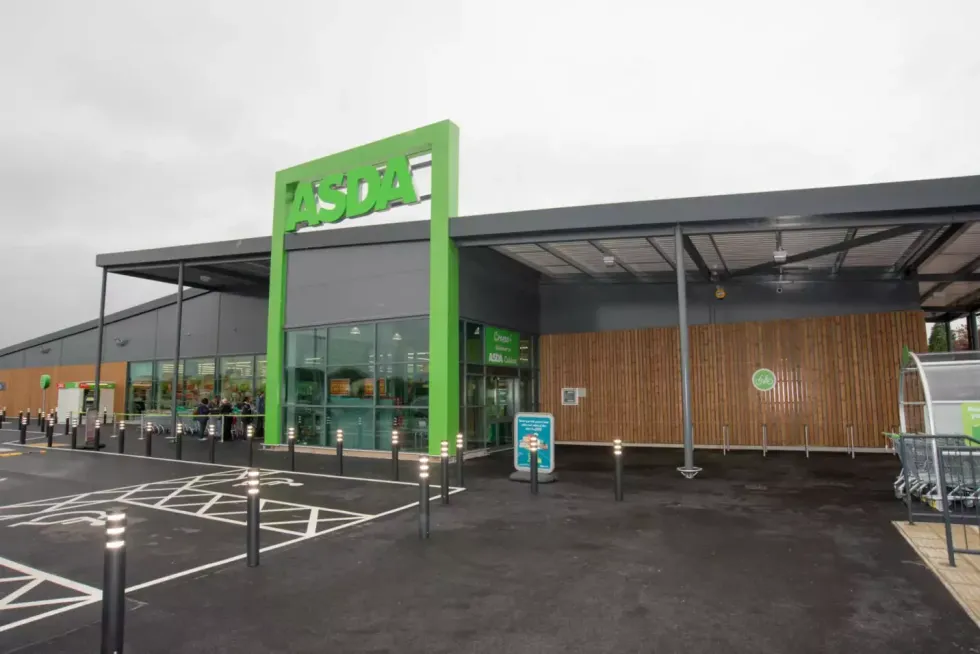
Asda's chairman has previously criticised the government's approach to enterprise
| ASDAThis digital prowess positions Next favourably against traditional competitors struggling with technological transformation.
The contrast between Lord Wolfson's economic warnings and analysts' confidence in Next's market position illustrates the complex dynamics facing British retail.
Whilst macroeconomic challenges loom, individual companies with robust strategies may still prosper.
This criticism from the prominent British retail boss comes after Asda's chairman hit out at Chancellor Rachel Reeves for "taxing everything in some way, shape or form", and that she should focus instead on investing in Britain to drive growth.
Allan Leighton said the Chancellor should stop "taxing everything in some way, shape or form" and instead focus on investing in Britain to drive growth.
His comments highlight growing concern in the retail sector about fiscal pressures on both businesses and consumers, amid rising costs and the ongoing cost-of-living crisis.
More From GB News






